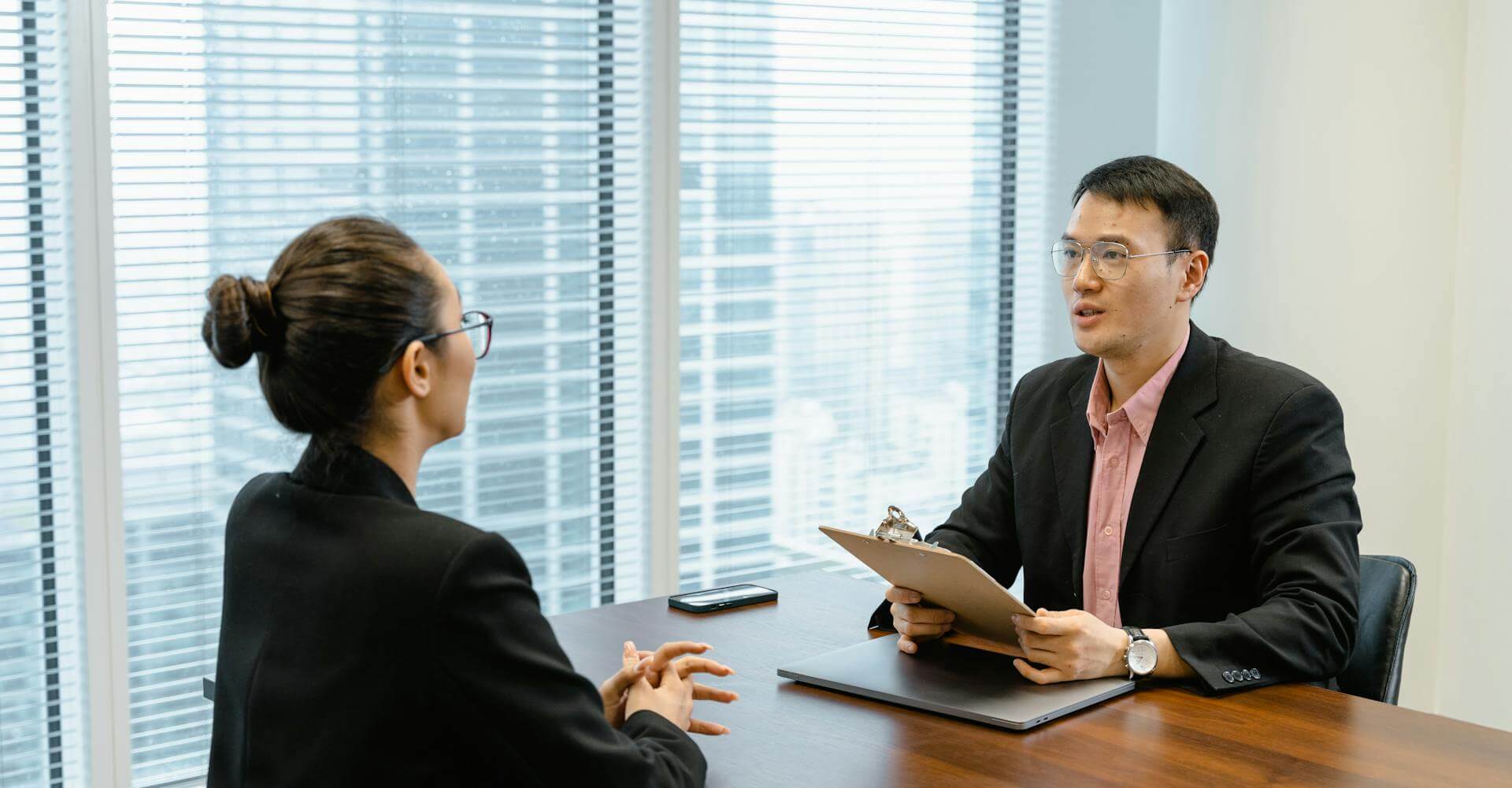The interview process is a pivotal stage for both employers and candidates, playing a crucial role in determining the right fit for a role. For job seekers, it represents an opportunity to showcase skills and qualifications, while employers use it to evaluate a candidate’s suitability for a position. This comprehensive guide aims to provide insights into the various stages of the interview process, offering tips for success for both interviewees and interviewers.
Preparing for the Interview
Research the Company:
Start by thoroughly researching the company, its culture, values, and the specific role you are applying for. This knowledge will demonstrate your genuine interest during the interview.
Understand the Job Description:
Analyze the job description to identify key responsibilities and required skills. Tailor your responses to highlight how your experience aligns with the job requirements.
Prepare Common Interview Questions:
Anticipate and rehearse responses to common interview questions. This includes questions about your strengths, weaknesses, achievements, and why you’re interested in the position.
Gather Information About the Interviewer(s):
If possible, find out who will be conducting the interview. Learn about their roles and backgrounds to establish a connection during the conversation.
Types of Interviews
Phone/Video Interviews:
Be prepared for remote interviews. Ensure a quiet space, test your equipment, and dress professionally even if the interview is conducted virtually.
Behavioral Interviews:
Expect questions that focus on past behaviors to predict future performance. Use the STAR method (Situation, Task, Action, Result) to structure your responses.
Panel Interviews:
If facing multiple interviewers, address each person when responding. Maintain eye contact and engage with the entire panel.
Technical Interviews:
For roles requiring technical skills, be ready for practical assessments or coding challenges. Practice and review relevant technical concepts beforehand.
During the Interview
Professionalism and Etiquette:
Dress appropriately, maintain good posture, and be mindful of your body language. Demonstrate professionalism and respect throughout the interview.
Effective Communication:
Clearly articulate your thoughts and experiences. Listen actively to the interviewer’s questions and respond thoughtfully.
Show Enthusiasm:
Express genuine enthusiasm for the role and the company. Let the interviewer know why you are excited about the opportunity.
Ask Thoughtful Questions:
Prepare questions to ask the interviewer about the company culture, team dynamics, or any specific details about the role. This demonstrates your interest and engagement.
Post-Interview Etiquette
Send a Thank-You Email:
Express gratitude for the opportunity and reiterate your interest in the position. Use this email as a chance to highlight any additional qualifications or points you may have missed during the interview.
Follow-Up Periodically:
If the interview process takes time, follow up periodically to inquire about the status of your application. This demonstrates continued interest without being overly persistent.
Conclusion:
The interview process is a dynamic and multifaceted experience that requires preparation, adaptability, and effective communication. By understanding the nuances of each stage and incorporating the tips provided in this guide, both candidates and employers can contribute to a more seamless and successful interview process, ultimately leading to better matches between talent and opportunities.






